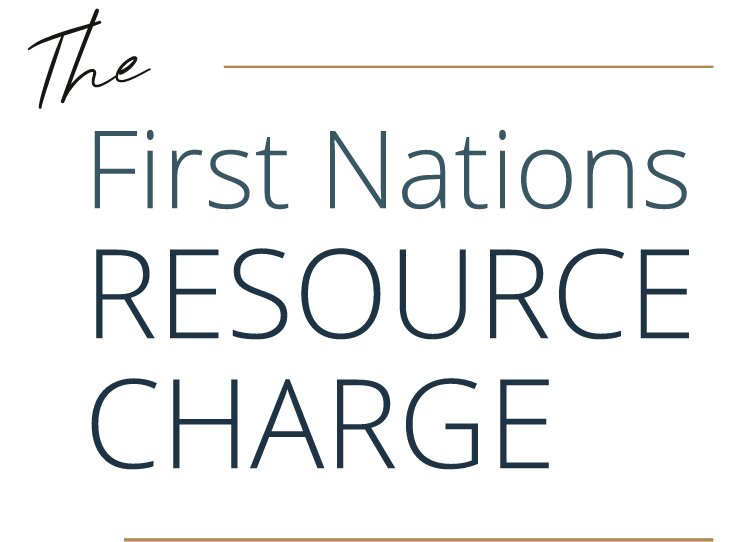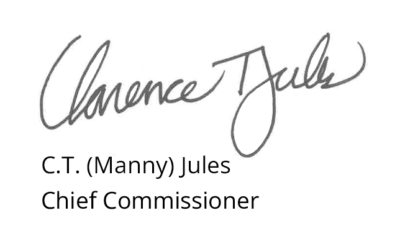
Entering a New Era of
Economic Justice for First Nations
Our leaders have worked tirelessly over the last 156 years to bring us to this moment. We have a unique opportunity to establish our rights and receive our share of the fiscal and economic benefits from the use of the lands and resources that we historically occupied and governed.
A new era of First Nation economic justice is on the horizon.

The FNRC is a First Nations-led proposal to allow First Nations to exercise fiscal jurisdiction beyond reserve boundaries. It is a
practical solution to the problem of slow and costly negotiations with resource companies and provinces. The FNRC could create a standardized charge system to simplify and expedite negotiation processes, be administratively efficient, and improve tax integrity and business competitiveness. It could enhance fiscal and economic benefits for First Nations and support resource investment and development across Canada.


Statement by Chief Commissioner C.T. (Manny) Jules
Regarding the First Nations Resource Charge
January 30, 2023
Since 2012, the First Nations Tax Commission and interested First Nations have been working on a proposal for a First Nation Resource Charge (FNRC). This proposal supports their fiscal jurisdiction over resource projects on their lands.
Receiving a share of the fiscal benefits from the use of ancestral land and the resources on it has been a priority for First Nations since confederation. Between 1867 and 1930, First Nations were systematically legislated out of the Canadian federation and economy. All First Nation government powers, including the ability to raise revenues to finance those powers, were removed and distributed between the federal and provincial governments. This has caused ongoing First Nation dependency, poverty, and service quality disparity.
Since the 1970s, multiple court decisions have led to the recognition that First Nations have an inherent right to revenue generated by using land and resources in their jurisdiction. However, there is no clarity about how to distribute fiscal benefits among governments and economic benefits among individuals while also paying for environmental costs. As a result, individual negotiations are needed for every project. This process significantly burdens First Nation administrations and makes negotiations costly, laborious, and time-consuming. The FNRC is an important step toward clearly defining First Nation fiscal benefits, which leads to more transparent agreements and successful outcomes.
This First Nation-led initiative will support their governments in receiving direct, secure, and stable fiscal revenues from resource projects on their lands, just like other governments.
We will continue to work with interested First Nations on the design and development of this (the FNRC) proposal. In the coming months, we will convene a meeting of interested First Nations to provide an overview of the proposal, identify legislative requirements for its implementation, develop the next steps, and seek input and support.



Leave a Reply
You must be logged in to post a comment.